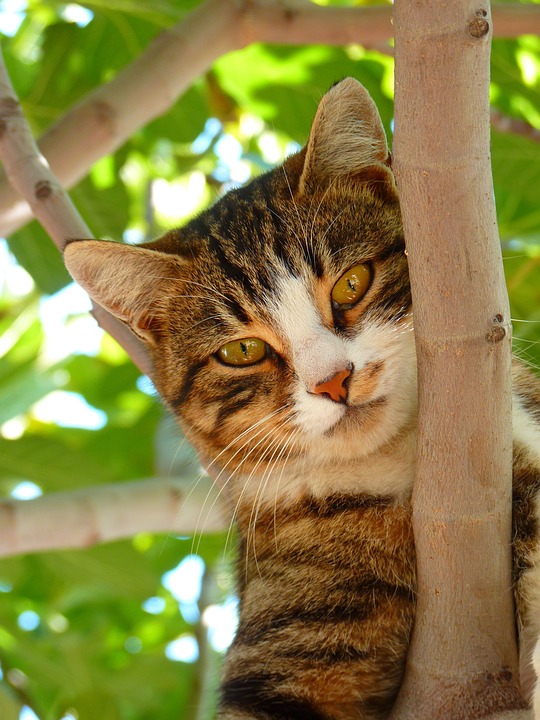Cat owners often find comfort in the soothing sound of their feline companions’ purring. It’s a sound that is commonly associated with contentment and relaxation. However, when it comes to excessive purring during grooming, it can be a cause for concern. In this article, we will explore the reasons behind excessive purring during grooming, potential causes, and provide practical solutions to address this behavior.
1. Why do cats purr during grooming?
– The natural grooming instinct: Cats are meticulous groomers and purring during grooming is a way to signal satisfaction and self-care.
– Bonding and social behavior: Cats may purr during grooming to strengthen the bond between themselves and their owners or fellow feline companions.
– Pleasure and self-soothing: Grooming can be a pleasurable experience for cats, and purring helps them relax and self-soothe.
2. Excessive purring during grooming: What does it indicate?
– Pain or discomfort: Excessive purring during grooming can be a sign that your cat is experiencing pain or discomfort. It’s important to observe their behavior and look for any other signs of distress.
– Anxiety or stress: Cats may also excessively purr during grooming if they are feeling anxious or stressed. This could be due to changes in their environment or other triggers.
– Overstimulation: Some cats may become overstimulated during grooming, leading to excessive purring as a way to cope with the sensory overload.
– Medical conditions: In some cases, excessive purring during grooming could be a symptom of an underlying medical condition. It’s important to rule out any health issues by consulting with a veterinarian.
3. Causes of excessive purring during grooming
– Sensory overload: Cats have sensitive senses, and excessive purring during grooming could be a response to overwhelming sensations like loud noises or strong scents.
– Environmental factors: Changes in the environment, such as the introduction of a new pet or a move to a new home, can cause stress and lead to excessive purring during grooming.
– Underlying medical issues: As mentioned earlier, certain medical conditions can cause excessive purring during grooming. These may include dental problems, skin irritations, or even arthritis.
– Previous negative experiences: Cats may exhibit excessive purring during grooming if they have had negative experiences in the past, such as rough handling or painful grooming sessions.
4. Solutions to address excessive purring during grooming
– Establish a calm grooming routine: Create a calm and predictable grooming routine for your cat. This can help them feel more relaxed and reduce excessive purring.
– Gradual desensitization and positive reinforcement: Gradually introduce your cat to grooming activities, rewarding them with treats or praise to create positive associations.
– Provide distractions during grooming sessions: Offer toys or treats to keep your cat occupied during grooming to reduce overstimulation and excessive purring.
– Seek veterinary advice: If excessive purring during grooming persists or you suspect an underlying medical issue, it’s important to consult with a veterinarian for a thorough examination.
5. FAQs (Frequently Asked Questions)
1. Can excessive purring during grooming be a sign of pain? Yes, excessive purring during grooming can indicate pain or discomfort.
2. How can I differentiate between content purring and excessive purring during grooming? Excessive purring may be accompanied by other signs of distress or discomfort, such as aggression or avoidance.
3. Is it possible to train a cat to reduce excessive purring during grooming? Yes, with patience and positive reinforcement, cats can be trained to reduce excessive purring during grooming.
4. Should I consult a veterinarian if my cat excessively purrs during grooming? Yes, if the behavior persists or you suspect an underlying medical issue, it’s best to seek veterinary advice.
5. Are there any grooming techniques that can help reduce excessive purring? Gentle and soothing grooming techniques, such as using soft brushes or grooming gloves, can help reduce excessive purring during grooming.
Conclusion:
Understanding the reasons behind excessive purring during grooming is essential for cat owners to ensure the health and well-being of their feline friends. By addressing potential causes and implementing appropriate solutions, you can help your cat enjoy grooming sessions without excessive purring. Remember, if you have concerns or the behavior persists, consulting with a veterinarian is always recommended to rule out any underlying medical conditions.








